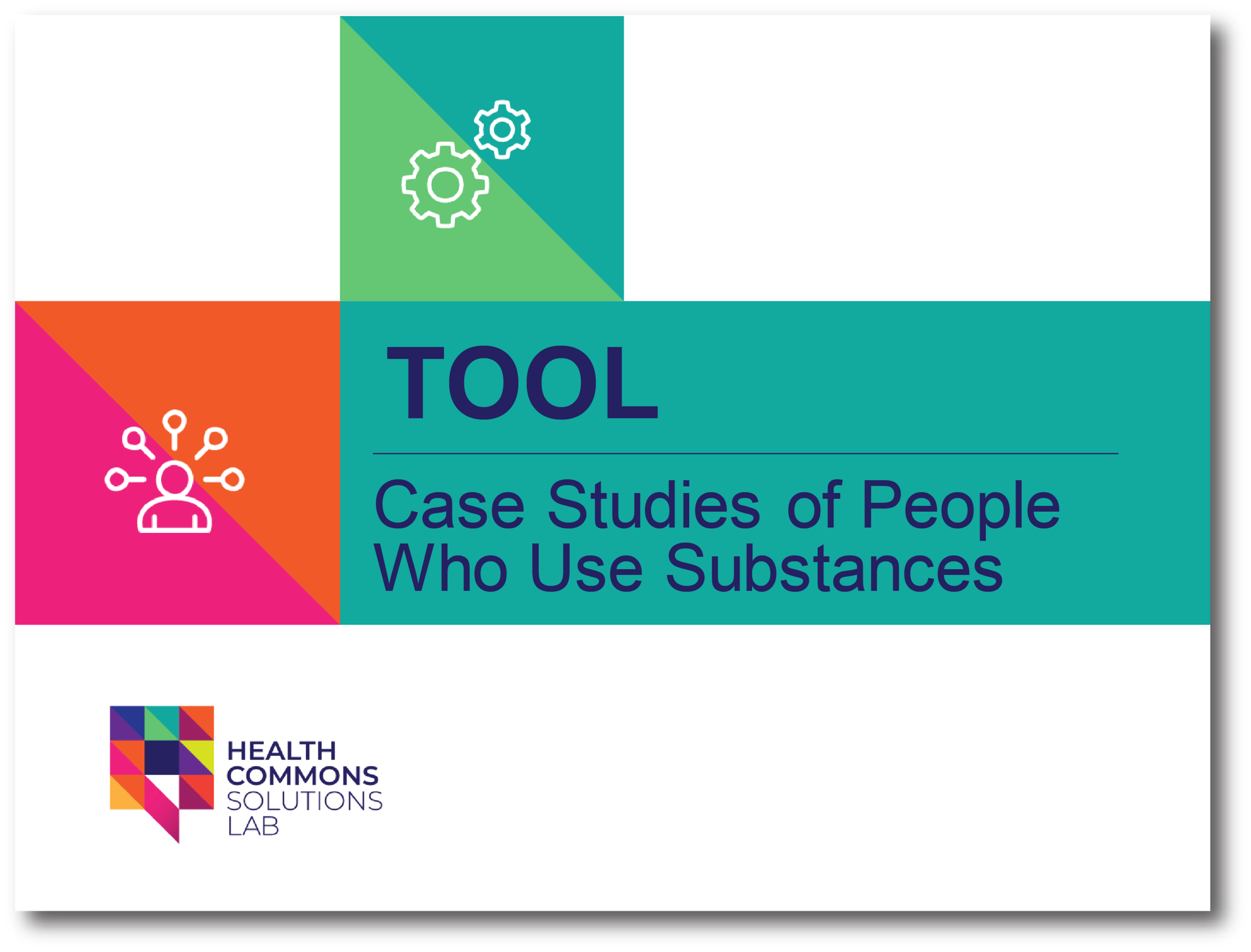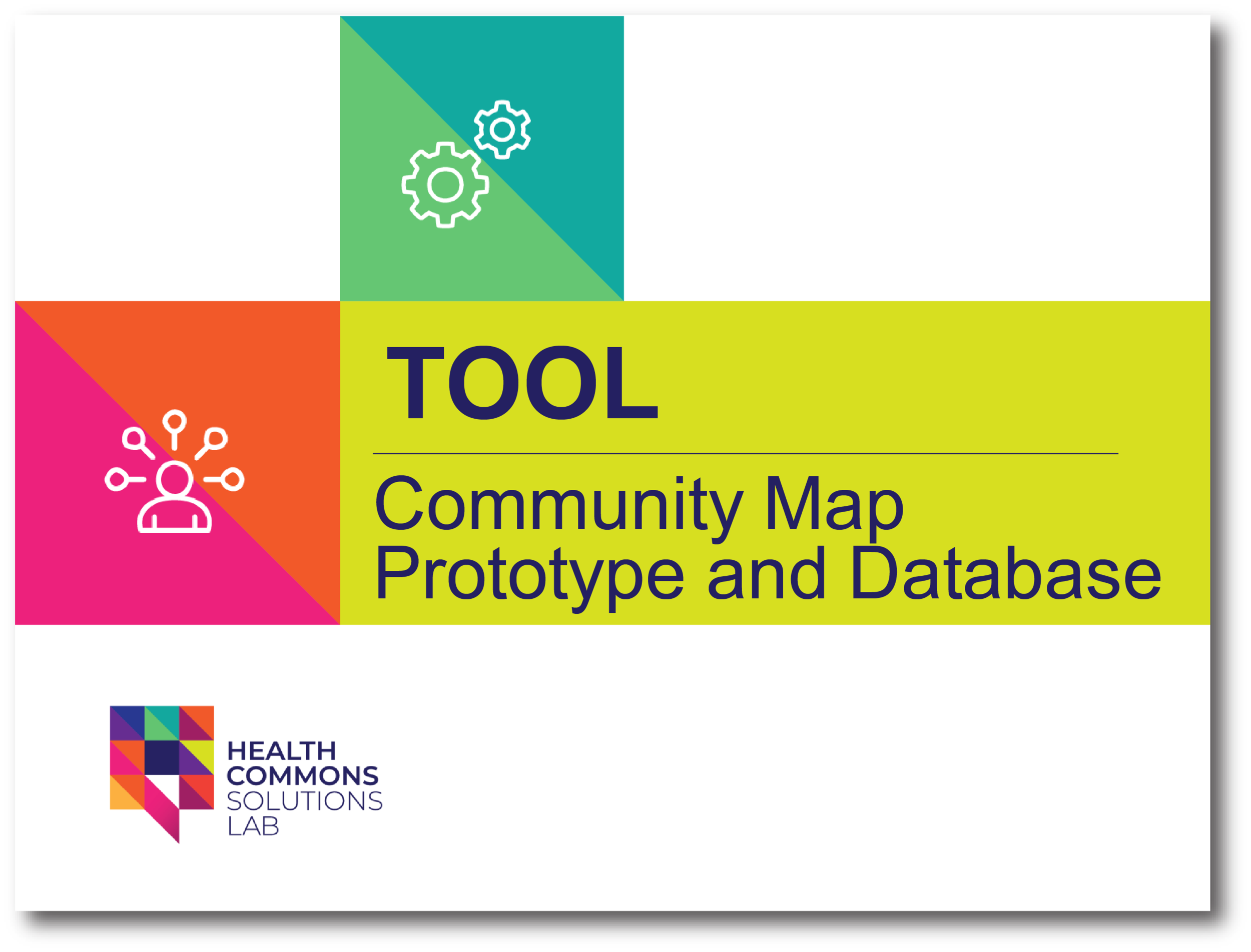Engaging Providers: Bringing together frontline providers to collaborate on care for clients who use substances
Creating an integrated health care system requires connection points at every level of the organizations that deliver client and patient care. Enhancing how we work together as a unified team is a key first step. For frontline staff, this means familiarity with staff working in other organizations, including community services, housing, harm reduction, hospital, primary care, and other sectors.
The East Toronto Ontario Health Team (OHT) identified people who use substances as a Year 1 priority population and staff engagement as a key activity stream. OHT leadership wanted to create opportunities for frontline staff to connect and build relationships across East Toronto.
Uniting Frontline Providers for Better Care Outcomes
Out team at Health Commons Solutions Lab collaborated with East Toronto OHT to host a workshop that brought together care providers for clients who use substances. Frontline providers involved with the Substance Use and Health Working group also helped to plan and execute the session.
Held in October 2019, the staff session focused on the question: How might frontline staff from different organizations work together on shared clients in this population? To answer that question, the event team designed three activities and protected time for informal networking.
The turnout was impressive, with 12 partners and 65 providers participating. To facilitate connections between staff and organizations, we created provider profile cards for each attendee and community resource cards to share information about each partner organization.
Why Convening Care Providers Matters
There is tremendous value in bringing together frontline teams. Providers have a lot of experiential knowledge and informal information sharing is vital to serving clients. Upon gathering, one participant exclaimed to another, “I know you, but I’ve never seen you!” Another shared that they “Loved... networking with key colleagues.” Continuing to build empathy and recognition of shared challenges supports staff in collaborating and generating real solutions that work.
Other insights that arose from the workshop include:
Shared experiences and respected differences: The group surfaced tensions and shared experiences of frontline staff across partner organizations, revealing that although many providers share similar philosophies, their experiences working in the system differ.
Values for working together: By discussing experiences and highlighting emerging themes, groups arrived at shared values for working together.
These values, that will feed into the Substance Use and Health Work Group's ongoing strategy development activities, include:
Adaptability
Advocacy
Empathy and compassion
Equity and anti-oppression
Humility and perseverance
Respect and empowerment
Team cooperation and collaboration
Trust and integrity
Connected services and opportunities: Existing connections between providers and services were identified, as well as areas where connections might be made or strengthened. These discoveries were made using a client-centred approach that recognized the impact of marginalization on clients’ ability to access services.
Small groups identified an average of 26 resources (organizations and/or services) for each scenario and situated them on a map, for a total of 72 unique organizations with 107 programs and services. We compiled these resources into a database, creating a rich resource and reference point for teams.
Provider Engagement that Works
The workshop was a successful example of OHT-provider engagement! It blended practical and strategic approaches, and participants shared that, “The case study [was] a very realistic and practical scenario,” and “Mapping resources was helpful.”
Feedback indicated that 84% of participants developed new or strengthened peer-to-peer relationships with other frontline workers, 86% had a better understanding of local services, connections and gaps, and 100% would recommend this workshop to a colleague.
The learnings and feedback from this session will feed into strategy for advancing staff engagement for the East Toronto OHT moving forward.









